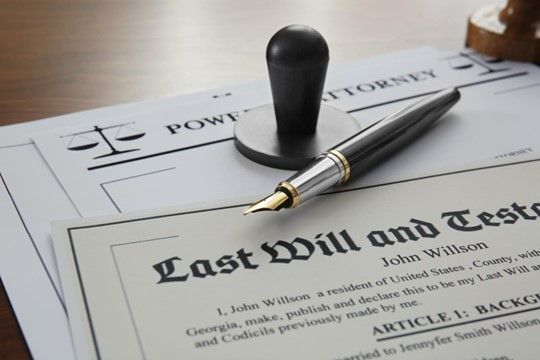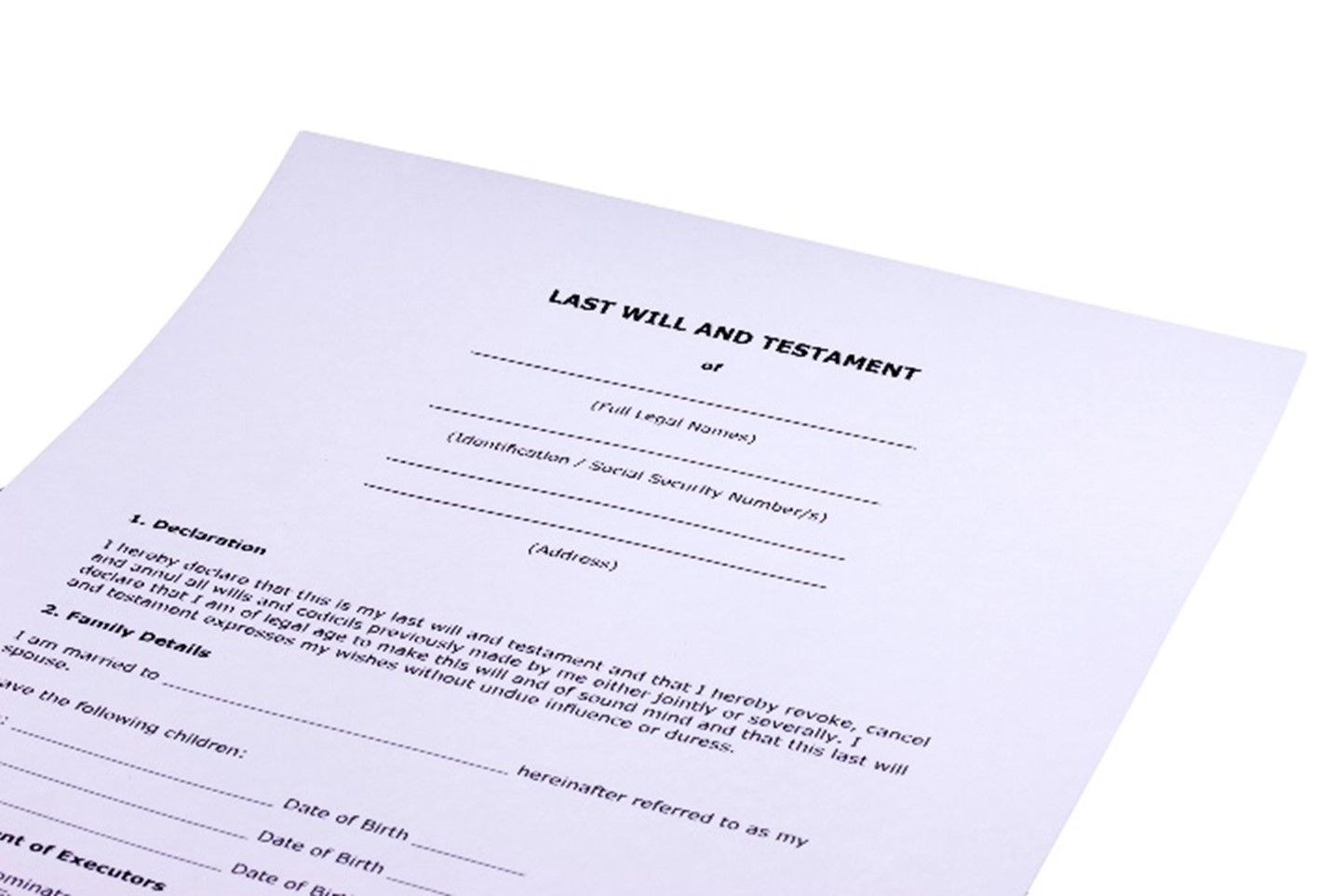Does your family know what to do if you become incapacitated?
You never know whether you will end up injured in an accident or suffer from an illness at some point in the future that could make it impossible for you to make decisions regarding your care and your finances on your own. If you do nothing to prepare for this possibility, your family will need to go to the courts to obtain permission to care for you and your property during this time. This could quickly get expensive and waste valuable time, especially where your health is concerned.
Instead, you could make certain decisions now that will remove those burdens from your family and allow someone you trust to immediately step in and begin making crucial and sometimes lifesaving decisions for you.
When it comes to your property
You have some options when it comes to protecting your property and finances in the event you become incapacitated. You could execute a durable power of attorney that appoints someone you trust to take over your finances when you are unable to handle your affairs. You can give this individual as much or as little power as you feel comfortable giving. For instance, you can limit it to paying bills and moving money around, but not allow for the sale of property or the closing of accounts.
You could put your property into a revocable living trust. While you are able to serve as trustee, you can manage your property as you see fit. If you become incapacitated, your successor trustee immediately steps in and takes over without any lapse in time. Your successor trustee will need to be someone you trust and someone who understands what he or she will need to do.
You may also title all of your assets jointly with someone else. There are some risks with this method since, legally, the other person will own half of the property. This not only means that you lose that value, but the other person’s creditors, ex-spouse and taxing authorities may also attach it. In addition, if you should pass away, the joint owner immediately becomes the full owner of the asset. This may not be what you intended to happen upon your death.
When it comes to your health
You also have choices when it comes to how to handle your health care needs during incapacity. You may execute a health care power of attorney that appoints someone you trust to make medical decisions for you. This person should have an idea of what you would and would not want as far as lifesaving measures.
You can make those wishes clear to everyone using a living will, also called an advance medical directive. However, this document may only apply when the question concerns lifesaving measures that would only serve to postpone your death and not cure your illness or injury. A companion document to this is a DNR, which stands for “Do No Resuscitate.” In this document, you are telling medical personnel not to perform CPR on you.
By executing some combination of these documents, you retain the ability to control what will happen if you become incapacitated and remove some of that burden from your family during an already challenging time.






